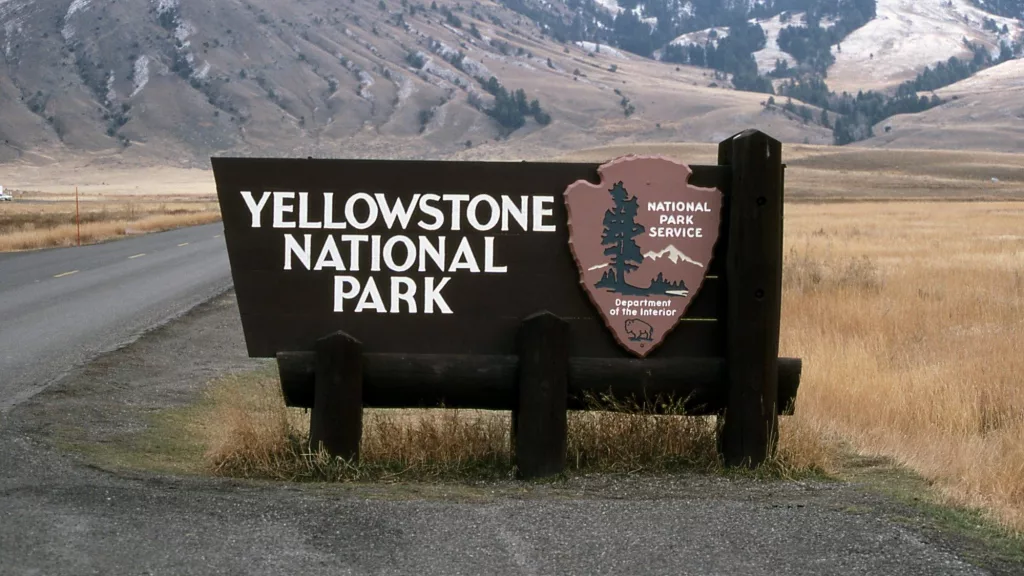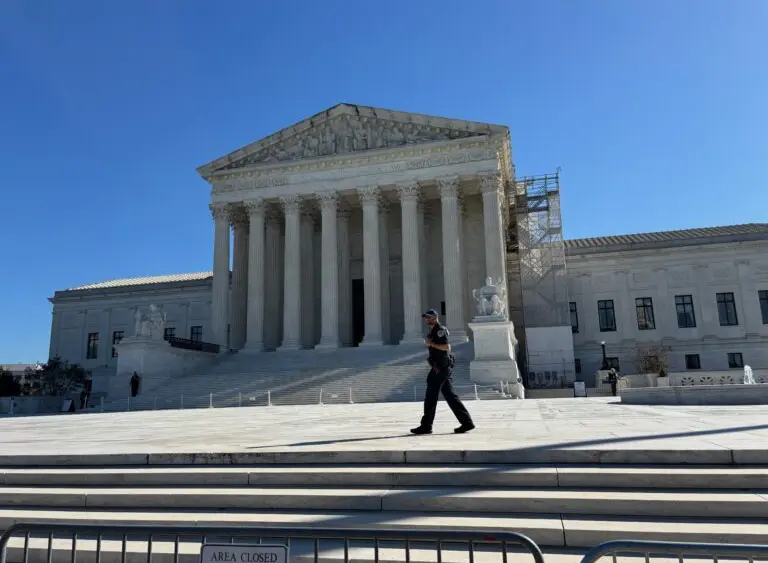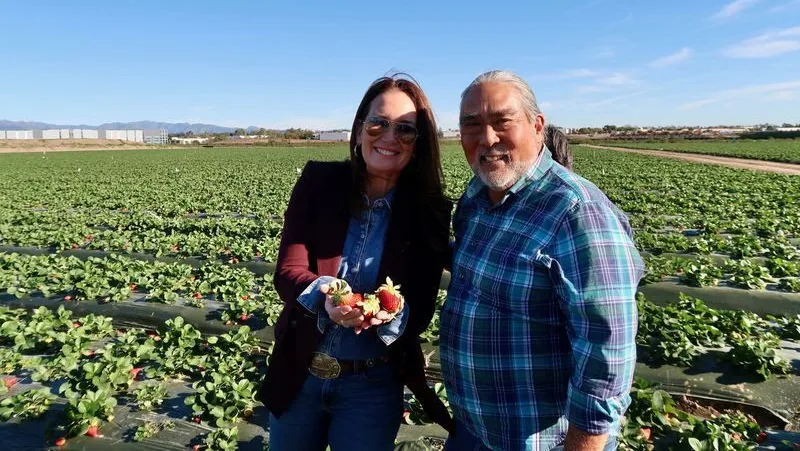WASHINGTON, D.C. – Following the busiest year on record for the U.S. National Park Service, which saw more than 331 million visitors in 2024, the Department of the Interior announced this week changes to how national parks will be accessed next year.
The major change is the implementation of resident and nonresident fees for national parks, an idea the federal government proposed earlier this summer.
While entry costs and annual passes for U.S. residents will not change, nonresident visitors will pay a higher rate to increase funds that support maintenance of the park system.
2026 Fee-Free Days
Fee-free days available only to U.S residents:
- President’s Day (February 16, 2026)
- Memorial Day (May 25, 2026)
- Flag Day/President Trump’s birthday (June 14, 2026)
- Independence Day weekend (July 3–5, 2026)
- 110th Birthday of the National Park Service (August 25, 2026)
- Constitution Day (Sept. 17, 2026)
- Theodore Roosevelt’s birthday (Oct. 27, 2026)
- Veteran’s Day (November 11, 2026)
Source: Department of the Interior
Starting Jan. 1, nonresident visitors will pay $250 for an annual America the Beautiful pass, while U.S. residents will continue to pay $80. The annual passes allow a vehicle, or four individuals, to access more than 2,000 recreation sites managed by federal agencies including DOI, the U.S. Forest Service, the Bureau of Land Management, Fish and Wildlife Service, Bureau of Reclamation and the U.S. Army Corps of Engineers.
In addition to the increased cost of annual passes, the nation’s 11 most visited national parks will charge $100 to nonresidents, on top of the standard entrance fee, which is $35 for a private vehicle at the most popular parks such as Yellowstone National Park and Glacier National Park.
Both of Montana’s national parks are among the top-10 most visited, with Yellowstone ranking fourth in 2024 with 4.7 million visitors, and Glacier ranking 10th, with 3.2 million.
“President Trump’s leadership always puts American families first,” Secretary of the Interior Doug Burgum said in a statement. “These policies ensure that U.S. taxpayers, who already support the National Park System, continue to enjoy affordable access, while international visitors contribute their fair share to maintaining and improving our parks for future generations.”
The department said in a press release that the “America-first entry fee policies” are designed to ensure “American taxpayers who already support the National Park System receive the greatest benefit.
Annual passes will continue to be offered at a discounted price for seniors, and for free for military members, U.S. residents with permanent disabilities, all U.S. 4th grade students, and federal recreation site volunteers.
The international surcharge for park visitation is an idea long championed by the Property and Environment Research Center, a Bozeman-based “free market environmentalism” nonprofit think-tank.
PERC has advocated for changes to the NPS fee structure for years as a way to increase budgets and address growing backlogs of maintenance at National Parks at a time when visitation is routinely breaking records, and published a report earlier this year that considered different fee structure scenarios.
Using Yellowstone as an example, a $100 international surcharge for visitors could raise an additional $55.2 million in entry fees for the park, while only leading to a decrease of roughly 57,000 visitors, PERC estimated.
“The status quo is not one of sustainable and proper management of these sites,” Tate Watkins, a research fellow at PERC, told the Daily Montanan earlier this year. “The current model just doesn’t keep up with it.”
Other countries have similar fee structures that charge international visitors higher prices, including the often-cited Galapagos Islands, where Ecuadorian adults pay $30 to visit, while foreign tourists pay $200.
There is a similar system in place in Montana to access state parks, where residents pay a $9 annual fee with their vehicle registration and can access state parks all year. Nonresidents, however, are charged $50 for an annual fee or $8 per entrance.
Montana U.S. Rep. Ryan Zinke, former Secretary of the Interior during President Donald Trump’s first term, praised the move on Wednesday.
“President Trump and Secretary Burgum are putting Americans first by asking foreign visitors to pay their fair share while holding entrance fees steady for the American people,” Zinke and West Virginia Rep. Wes Moore said in a joint statement. “This policy ensures that our beautiful national heritage is preserved and the critical maintenance backlog is addressed so that America’s national parks will remain affordable, well-maintained, and financially sustainable for generations to come. We owe it to future generations of Americans — our children and grandchildren — to ensure our beautiful natural heritage that God created is well preserved.”
Zinke and Moore introduced the “Protecting America’s Treasure by Raising Inflow from Overseas Tourists (PATRIOT) Parks Act earlier this year, which would codify the foreign fees to national parks.
Companion legislation in the Senate was introduced by U.S. Sens. Tim Sheehy of Montana and Jim Banks of Indiana.
More changes, digital first
Another part of the changes include a modernization of park passes, including offering digital America the Beautiful passes.
The passes will be fully available in a digital format through Recreation.gov, as opposed to visitors having to purchase a hard copy. Similar to using a digital wallet or a mobile ID app, visitors can store their passes on a phone and they can be used to enter federal recreation sites.
The America the Beautiful pass will also cover the entrance fee for up to two motorcycles.
New designs for the the annual passes have also been unveiled by the Department.
This story was originally produced by Daily Montanan, which is part of States Newsroom, a nonprofit news network which includes Washington State Standard, and is supported by grants and a coalition of donors as a 501c(3) public charity.
Washington State Standard is part of States Newsroom, a nonprofit news network supported by grants and a coalition of donors as a 501c(3) public charity. Washington State Standard maintains editorial independence. Contact Editor Bill Lucia for questions: info@washingtonstatestandard.com.





